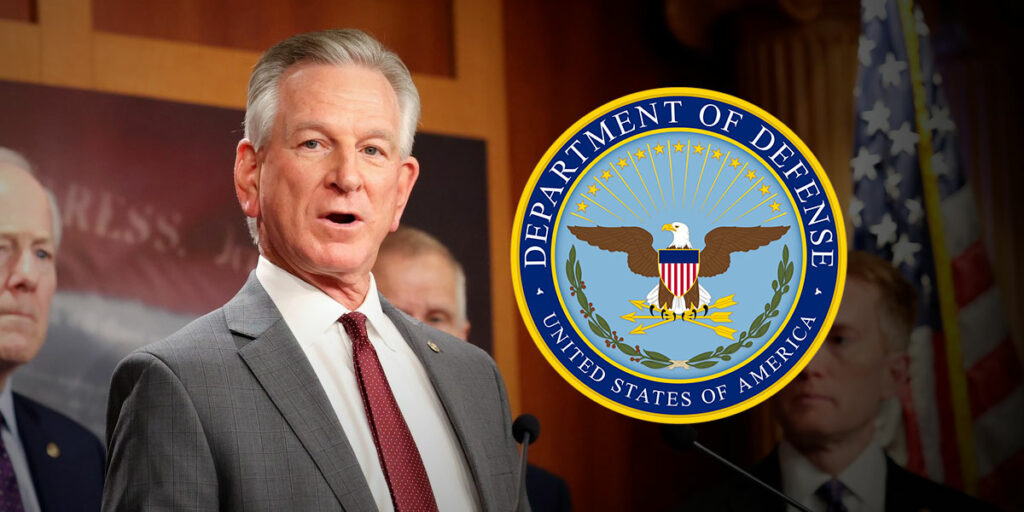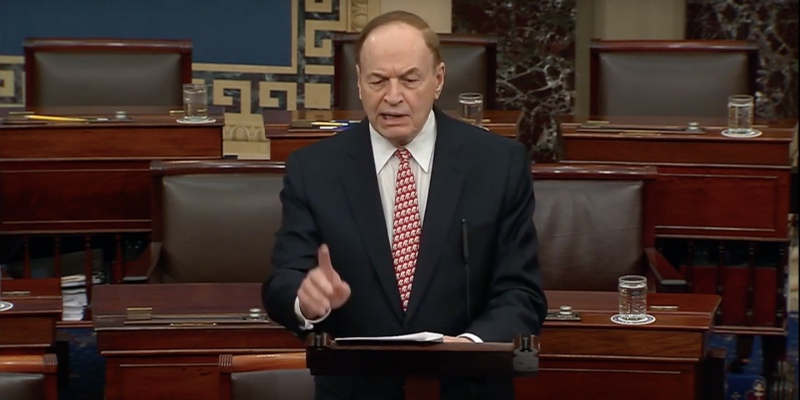Secretary of Defense Lloyd Austin on Wednesday publicly declared that climate change is “a national security issue,” saying the Pentagon would begin comprehensively factoring in the issue in its decision making.
Austin released a written statement following a press conference held at the White House featuring new Special Presidential Envoy for Climate John Kerry and National Climate Advisor Gina McCarthy, as well as President Joe Biden signing an executive order on climate change.
Speaking to the media from the State Dining Room, Biden announced McCarthy would also be leading the White House Office of Domestic Climate Policy, which is being newly created by his executive order.
“As the head of the new office and my National Climate Advisor, Gina will chair a National Climate Task Force, made up of many members of our Cabinet, to deliver a whole-of-government approach to the climate crisis,” Biden remarked.
The president proceeded to admit his administration was targeting “the economies of coal, oil, and gas, and power plant communities.”
After speaking about his move to ban oil and gas leases on federal lands and offshore waters, as well as discontinuing the federal government’s support of American-produced fossil fuels in general, Biden subsequently added that “this executive order I’m signing today also makes it official that climate change will be at the center of our national security and foreign policy.”
“John was instrumental in negotiating the Paris Climate Agreement that we started to — that we rejoined — this administration rejoined on day one, as I promised,” the president continued. “And today’s executive order will help strengthen that commitment by working with other nations to support the most vulnerable to the impact of climate change and to increase our collective resilience. That includes a summit of world leaders that I’ll convene to address this climate crisis on Earth Day, this year.”
Biden decreed that “a new effort to integrate the security implications of climate change as part of our national security and risk assessment and analysis will also be included [in the order].” He added, “[E]nvironmental justice will be at the center of all we do addressing the disproportionate health and environmental and economic impacts on communities of color.”
His new secretary of defense certainly got the memo.
Austin, an Auburn University trustee and native of Mobile, stated, “I fully support the President’s direction today to include climate considerations as an essential element of our national security and to assess the impacts of climate change on our security strategies, operations, and infrastructure.”
“The Department will immediately take appropriate policy actions to prioritize climate change considerations in our activities and risk assessments, to mitigate this driver of insecurity,” the retired general outlined. “As directed by the President, we will include the security implications of climate change in our risk analyses, strategy development, and planning guidance. As a leader in the interagency, the Department of Defense will also support incorporating climate risk analysis into modeling, simulation, wargaming, analysis, and the next National Defense Strategy. And by changing how we approach our own carbon footprint, the Department can also be a platform for positive change, spurring the development of climate-friendly technologies at scale.”
“There is little about what the Department does to defend the American people that is not affected by climate change. It is a national security issue, and we must treat it as such,” Austin concluded.
This comes as a recent academic study showed that Alabama’s coal industry alone has a total annual output impact of $2.9 billion, a total earnings impact of $1.2 billion and a total economic impact of 15,000 full-time-equivalent jobs. Additionally, the study found that at Alabama’s current impressive rate of met coal production, the state’s met coal resources will last for another 309 years, “making it Alabama’s most lasting fossil fuel resource.” Data showed that the state holds approximately four billion tons of economically recoverable coal reserves.
Overall, a separate study conducted in 2016 showed the total economic impact of Alabama’s energy industry to be $13.22 billion annually, supporting 124,000 jobs.
Sean Ross is the editor of Yellowhammer News. You can follow him on Twitter @sean_yhn













